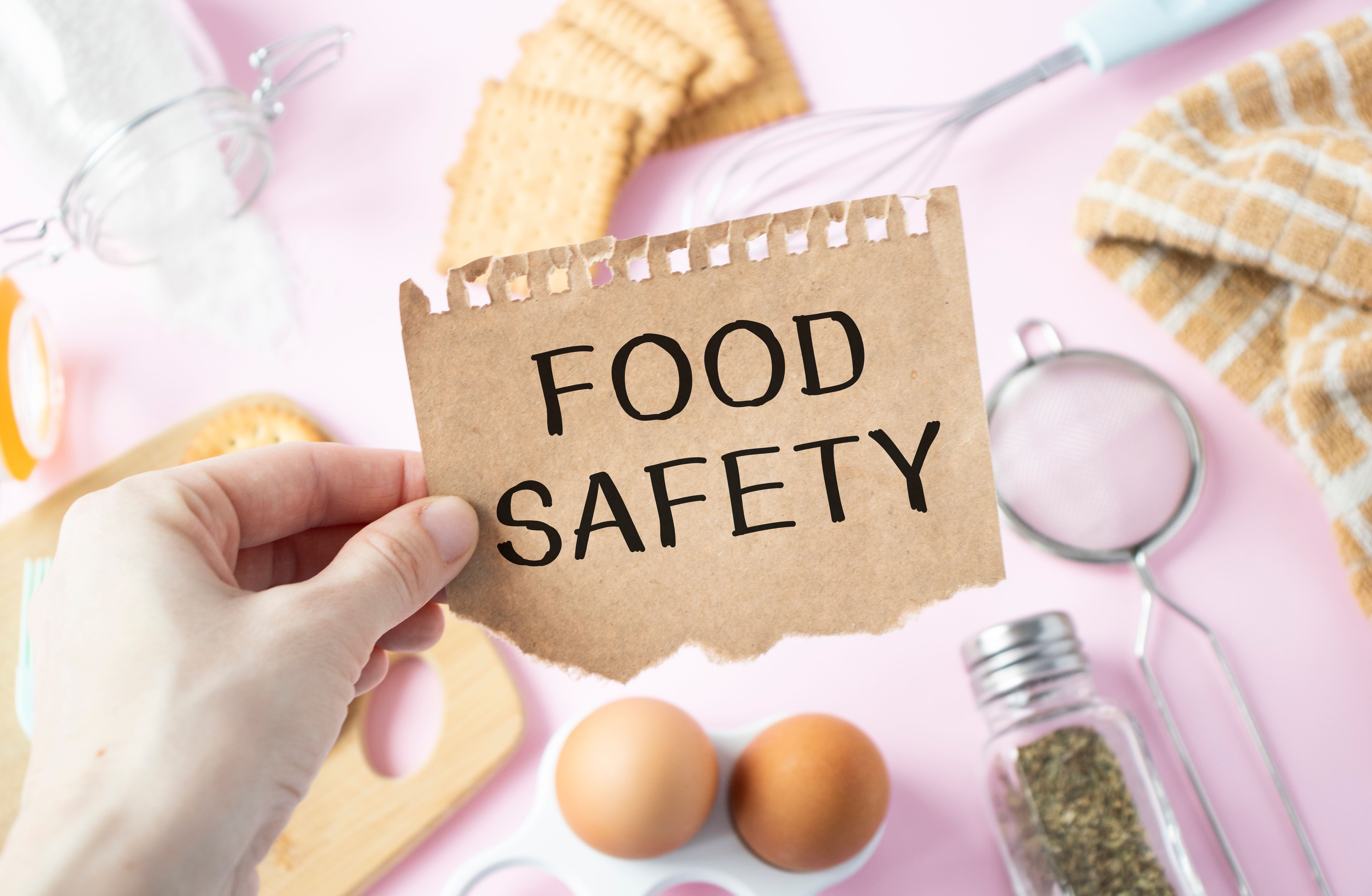The Importance of ISO 22000 for Catering Services in Mining Operations
Understanding ISO 22000
ISO 22000 is an international standard designed to ensure the safety of food products. It integrates the principles of the Hazard Analysis and Critical Control Points (HACCP) system and Good Manufacturing Practices (GMP), providing a framework for a comprehensive food safety management system. For catering services operating within mining operations, adhering to ISO 22000 is crucial to prevent food safety hazards and ensure the well-being of workers.

Why Food Safety is Critical in Mining Operations
Mining operations are often located in remote and challenging environments where access to fresh and safe food can be limited. The health of workers heavily relies on the quality of food provided, making food safety a top priority. Contaminated food can lead to outbreaks of foodborne illnesses, which can significantly impact workforce productivity and morale.
ISO 22000 helps catering services in mining operations implement robust procedures to identify and control potential food safety hazards. This ensures that all steps, from food preparation to delivery, meet stringent safety standards, thus minimizing the risks of contamination.
Key Benefits of ISO 22000 for Catering Services
Implementing ISO 22000 offers numerous benefits for catering services, especially in high-risk environments like mining operations.
- Enhanced Food Safety: By following ISO 22000 standards, catering services can systematically manage food safety risks, ensuring safe consumption.
- Improved Customer Confidence: Certification demonstrates a commitment to quality and safety, building trust among clients and stakeholders.
- Operational Efficiency: Streamlined processes and clear guidelines help reduce waste and improve overall efficiency in food handling.

Implementing ISO 22000 in Remote Locations
One of the challenges catering services face in mining operations is implementing ISO 22000 standards in remote locations. This requires meticulous planning and resource allocation. Training personnel is essential to ensure they understand and can effectively execute food safety protocols. Additionally, regular audits and inspections are necessary to maintain compliance with ISO standards.
Catering services must also establish reliable supply chains to ensure the consistent availability of safe ingredients. This includes vetting suppliers for compliance with ISO standards and implementing traceability systems to track food products from source to service.
The Role of Technology in Supporting ISO 22000
Technology plays a vital role in supporting the implementation of ISO 22000 in catering services within mining operations. Advanced monitoring systems can track temperature and humidity levels during food storage and transportation, ensuring that conditions remain optimal at all times.

Moreover, digital platforms can facilitate efficient record-keeping and data management, allowing for real-time updates and easy access to compliance documentation. These technological solutions not only enhance food safety but also improve operational transparency and accountability.
Conclusion: The Future of Food Safety in Mining Operations
The adoption of ISO 22000 is more than just a regulatory requirement; it is a strategic move towards safeguarding the health of workers and ensuring the sustainability of mining operations. As the mining industry continues to evolve, catering services must remain committed to implementing robust food safety management systems that uphold the highest standards.
By prioritizing ISO 22000 certification, catering services can contribute significantly to the overall success and productivity of mining operations, ensuring that nutritional needs are met safely and effectively even in the most challenging environments.
